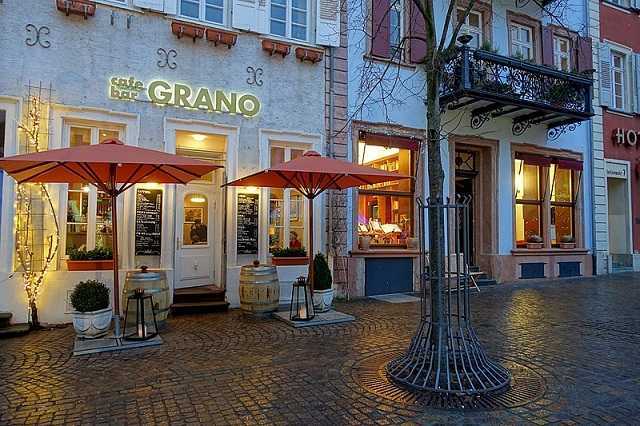MILAN – Whole beans coffee is emerging as the most significant consumption trend in the German market. According to the forecasts from industry stakeholders, including the German Coffee Association (Deutscher Kaffeeverband), the sales of whole beans are set to outpace ground coffee sales this year and become the largest coffee format consumed at home.
German coffee consuming habits have been changing. Between 2017 and 2022, ground coffee and single serve sales declined by 22%, while the sales of whole beans grew by 39%.
These interesting figures come from a report published by the Global Coffee Platform (GCP), Stichting IDH (IDH) and Fundacion Solidaridad Latinoamericana (Solidaridad) and prepared by the Paris-based analysts Bureau d’analyse sociétale d’intérêt collectif (BASIC).
Data from 2021 meanwhile indicate that Germans spent almost EUR 3 billion (EUR 2.975 billion) on coffee consumption at home in that year.
The leading categories were ground coffee and whole beans, with sales of EUR 1.221 and 1.062 billion respectively.
Sales of capsules (aluminium and plastic) and soft pods totalled EUR 356 and EUR 334 million respectively.
Despite significant growth in private labels, these accounted for just over a fifth (22%) of sales, compared to 78% for national brands’ products. However, the situation differs considerably depending on the sales channel.
In discounters’ stores, private labels accounted for more than one third of coffee sales (35%), whereas in traditional grocery retailers they account for less than 10%.
German coffee retailing is characterised by great competitiveness. Coffee is a product often positioned in promotional schemes to attract consumers, says the report.
Typically, coffee products can be found in up to three different parts of a German supermarket: in the coffee section, in the discount section, and offered at a discount near the cashiers.
It is estimated that between 40% and 60% of coffee products are bought under promotional schemes in German supermarkets.
But who is leading in the German market? Tchibo remains number one, with a share of 19%. It is followed by another historical German retail brand: Jacobs Douwe Egberts (JDE Peet’s). Dallmayr and Melitta follow with 11% and 8% respectively. Lavazza (8%) is fifth, ahead of Darboven (6%) and Nestlé (3%). Private labels – as already mentioned – count for 22%.
In ground coffee Tchibo (20%) is the market leader beating also private labels (18%). Jde Peet’s is at third place with a 16% market share, followed by Dallmayr (16%), Melitta (14%), Darboven (8%) and Lavazza (2%).
The Italian roaster fares much better in the whole bean segment, where it is in third place with a share of (19%), behind Tchibo (24%) and the ubiquitous private labels products (20%).
Jde Peet’s has a mere 5% share in whole bean coffee. However, it is the market leader in coffee capsule sales with a 38% share, ahead of private labels (21%) and Nestlé (19%). Lavazza’s share is more modest here, at 2%.
Finally, coffee pods sales are dominated by private labels, which account for almost half of the market (48%). Significant shares are also held by Jde Peet’s (28%) and Tchibo (12%).
Consumer-facing certification schemes covered 40% of the coffee products sold in Germany in 2021. The leading certification was Rainforest Alliance, accounting for more than 30% of coffee product sales (brands and private labels, all formats combined), followed by the double certification under Fairtrade and Organic at 4%.
The organic certification is also a niche market, accounting for about 2% of the German coffee market in 2021, concludes the report.









 CAPS: the new proprietary system using capsules made of 85% recycled aluminium
CAPS: the new proprietary system using capsules made of 85% recycled aluminium







